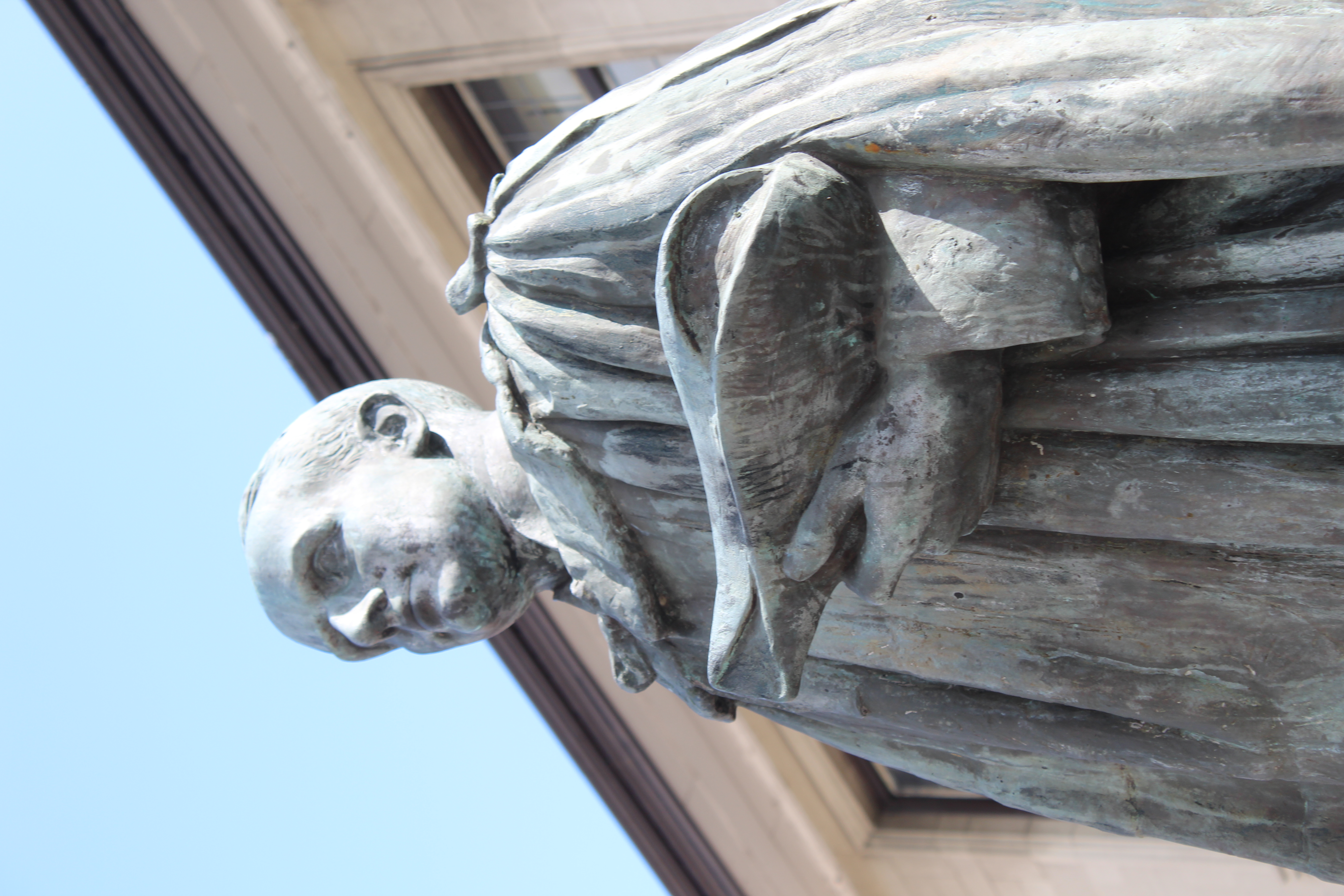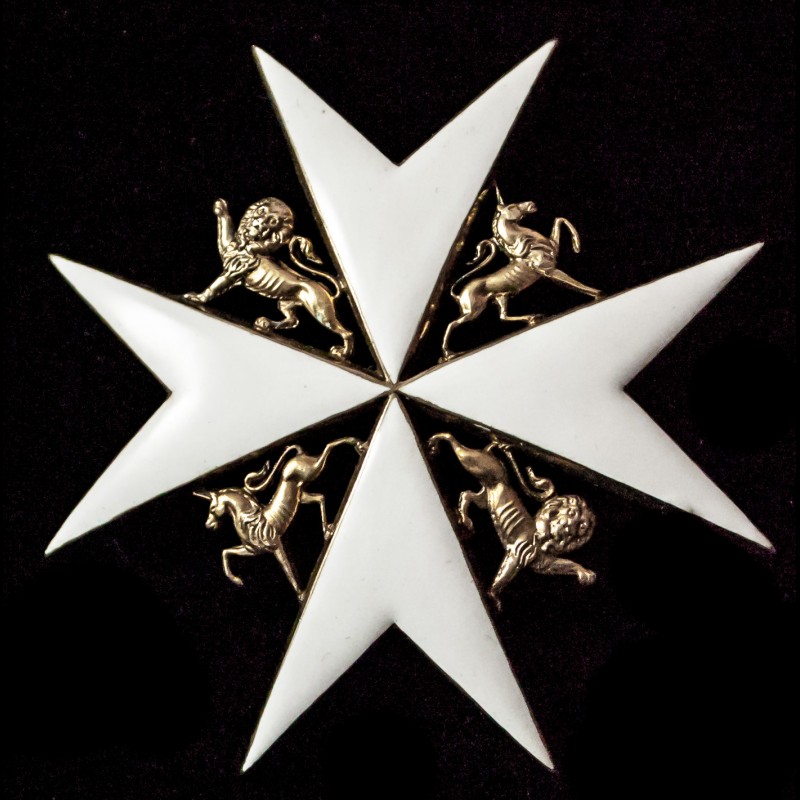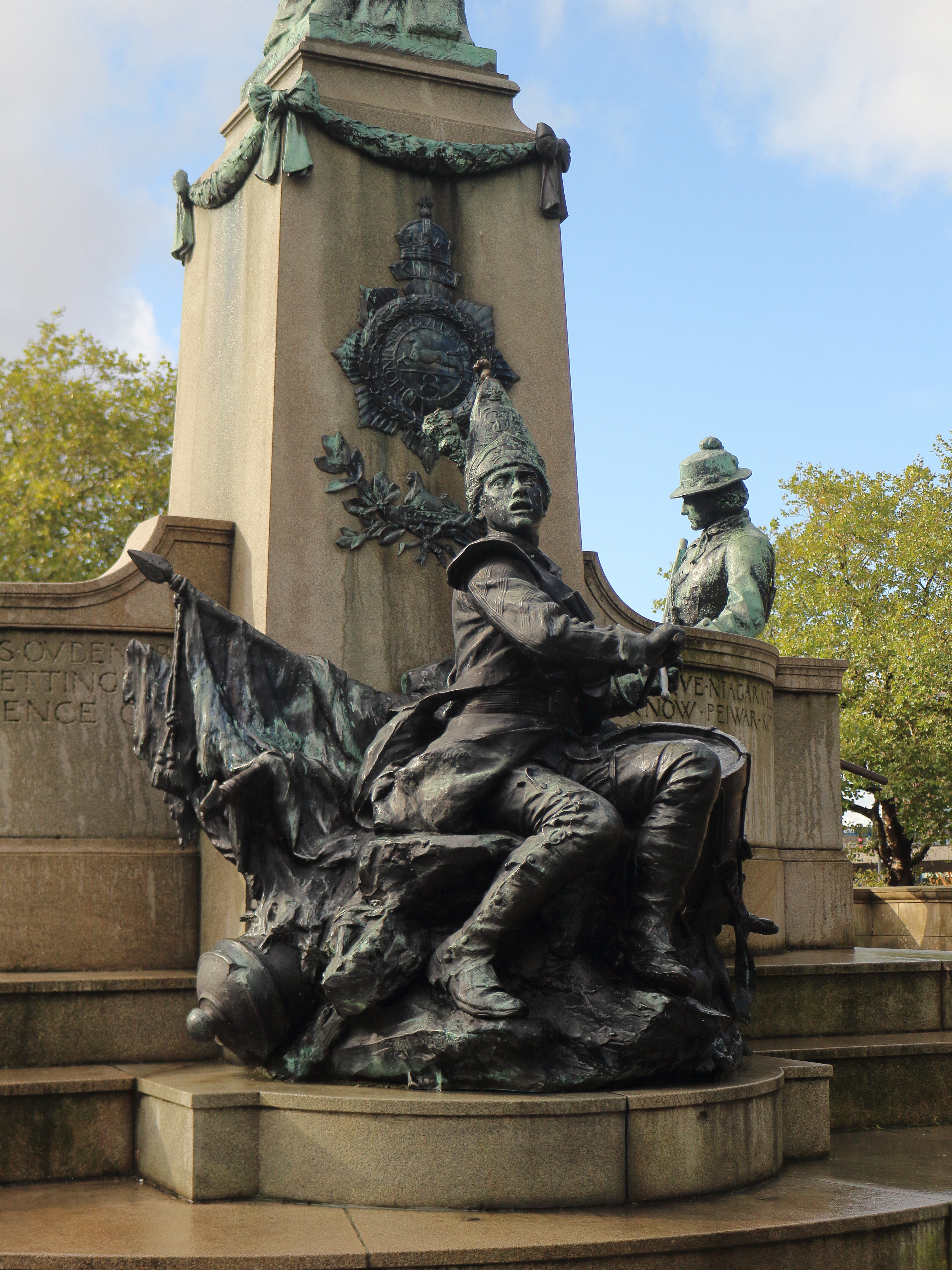|
Seymour Berry, 1st Baron Buckland
Henry Seymour Berry, 1st Baron Buckland (17 September 1877 – 23 May 1928), was a Welsh financier and industrialist. Background The eldest of three sons, all born in Merthyr Tydfil to solicitor John Mathias Berry (born 2 May 1847; died 9 January 1917) and his wife Mary Ann Rowe (died 6 June 1922). He was the elder brother of newspaper magnates William Berry, 1st Viscount Camrose, and Gomer Berry, 1st Viscount Kemsley. Business career Berry worked for his father's business before becoming a protégé of industrialist D. A. Thomas (later 1st Viscount Rhondda) in 1915. He took on more responsibility when Thomas joined the cabinet, and within three years he was a director of over 60 companies. He acquired John Lysaght Ltd with his brother William Berry, D. R. Llewellyn and Lady Rhondda and was chairman until it became part of Guest, Keen and Nettlefolds in 1920. He subsequently became chairman of GKN in 1927. He held the office of High Sheriff of Brecknockshire in 1924 and was e ... [...More Info...] [...Related Items...] OR: [Wikipedia] [Google] [Baidu] |
Baron Buckland By Goscombe John In Merthyr Tydfil
Baron is a rank of nobility or title of honour, often Hereditary title, hereditary, in various European countries, either current or historical. The female equivalent is baroness. Typically, the title denotes an aristocrat who ranks higher than a lord or knight, but lower than a viscount or count. Often, barons hold their fief – their lands and income – directly from the monarch. Barons are less often the vassals of other nobles. In many kingdoms, they were entitled to wear a smaller form of a crown called a ''coronet''. The term originates from the Late Latin, Latin term , via Old French. The use of the title ''baron'' came to England via the Norman Conquest of 1066, then the Normans brought the title to Scotland and Italy. It later spread to Scandinavia and Slavic lands. Etymology The word '':wikt:baron, baron'' comes from the Old French , from a Late Latin "man; servant, soldier, mercenary" (so used in Salic law; Alemannic law has in the same sense). The scholar ... [...More Info...] [...Related Items...] OR: [Wikipedia] [Google] [Baidu] |
Order Of Saint John (chartered 1888)
The Order of St John, short for Most Venerable Order of the Hospital of Saint John of Jerusalem (french: l'ordre très vénérable de l'Hôpital de Saint-Jean de Jérusalem) and also known as St John International, is a British royal order of chivalry constituted in 1888 by royal charter from Queen Victoria and dedicated to St John the Baptist. The order traces its origins back to the Knights Hospitaller in the Middle Ages, which was later known as the Order of Malta. A faction of them emerged in France in the 1820s and moved to Britain in the early 1830s, where, after operating under a succession of grand priors and different names, it became associated with the founding in 1882 of the St John Ophthalmic Hospital near the old city of Jerusalem and the St John Ambulance Brigade in 1887. The order is found throughout the Commonwealth of Nations, Hong Kong, the Republic of Ireland, and the United States of America, with the worldwide mission "to prevent and relieve sickness an ... [...More Info...] [...Related Items...] OR: [Wikipedia] [Google] [Baidu] |
19th-century Welsh Businesspeople
The 19th (nineteenth) century began on 1 January 1801 ( MDCCCI), and ended on 31 December 1900 ( MCM). The 19th century was the ninth century of the 2nd millennium. The 19th century was characterized by vast social upheaval. Slavery was abolished in much of Europe and the Americas. The First Industrial Revolution, though it began in the late 18th century, expanding beyond its British homeland for the first time during this century, particularly remaking the economies and societies of the Low Countries, the Rhineland, Northern Italy, and the Northeastern United States. A few decades later, the Second Industrial Revolution led to ever more massive urbanization and much higher levels of productivity, profit, and prosperity, a pattern that continued into the 20th century. The Islamic gunpowder empires fell into decline and European imperialism brought much of South Asia, Southeast Asia, and almost all of Africa under colonial rule. It was also marked by the collapse of the ... [...More Info...] [...Related Items...] OR: [Wikipedia] [Google] [Baidu] |
High Sheriffs Of Brecknockshire
This is a list of High Sheriffs of Brecknockshire or Breconshire. The office of High Sheriff of Brecknockshire was established in 1535 since when a High Sheriff was appointed annually by the Queen until 1974 when the office was merged into that of High Sheriff of Powys as part of the creation of Powys from the amalgamation of Montgomeryshire, Radnorshire and Brecknockshire. The Office of High Sheriff remained first in precedence in the County until the reign of Edward VII when an Order in Council in 1908 gave the Lord Lieutenant of Brecknockshire This is a list of people who served as Lord Lieutenant of Brecknockshire. After 1723, all Lord Lieutenants were also Custos Rotulorum of Brecknockshire. The office was abolished on 31 March 1974 and replaced with the Lord Lieutenant of Powys, wi ... the prime Office under the Crown as the Sovereign's personal representative. List of sheriffs 17th century 18th century 19th century 20th century References {{High Shrieva ... [...More Info...] [...Related Items...] OR: [Wikipedia] [Google] [Baidu] |
Barons In The Peerage Of The United Kingdom
Baron is a rank of nobility or title of honour, often hereditary, in various European countries, either current or historical. The female equivalent is baroness. Typically, the title denotes an aristocrat who ranks higher than a lord or knight, but lower than a viscount or count. Often, barons hold their fief – their lands and income – directly from the monarch. Barons are less often the vassals of other nobles. In many kingdoms, they were entitled to wear a smaller form of a crown called a '' coronet''. The term originates from the Latin term , via Old French. The use of the title ''baron'' came to England via the Norman Conquest of 1066, then the Normans brought the title to Scotland and Italy. It later spread to Scandinavia and Slavic lands. Etymology The word ''baron'' comes from the Old French , from a Late Latin "man; servant, soldier, mercenary" (so used in Salic law; Alemannic law has in the same sense). The scholar Isidore of Seville in the 7th centur ... [...More Info...] [...Related Items...] OR: [Wikipedia] [Google] [Baidu] |
Welsh Industrialists
Welsh may refer to: Related to Wales * Welsh, referring or related to Wales * Welsh language, a Brittonic Celtic language spoken in Wales * Welsh people People * Welsh (surname) * Sometimes used as a synonym for the ancient Britons (Celtic people) Animals * Welsh (pig) Places * Welsh Basin, a basin during the Cambrian, Ordovician and Silurian geological periods * Welsh, Louisiana, a town in the United States * Welsh, Ohio, an unincorporated community in the United States See also * Welch (other) Welch, Welch's, Welchs or Welches may refer to: People *Welch (surname) Places * Welch, Oklahoma, a town, US *Welches, Oregon, an unincorporated community, US *Welch, Texas, an unincorporated community, US * Welchs, Virginia, an unincorporated c ... * * * Cambrian + Cymru {{Disambiguation Language and nationality disambiguation pages ... [...More Info...] [...Related Items...] OR: [Wikipedia] [Google] [Baidu] |
People From Merthyr Tydfil
A person ( : people) is a being that has certain capacities or attributes such as reason, morality, consciousness or self-consciousness, and being a part of a culturally established form of social relations such as kinship, ownership of property, or legal responsibility. The defining features of personhood and, consequently, what makes a person count as a person, differ widely among cultures and contexts. In addition to the question of personhood, of what makes a being count as a person to begin with, there are further questions about personal identity and self: both about what makes any particular person that particular person instead of another, and about what makes a person at one time the same person as they were or will be at another time despite any intervening changes. The plural form "people" is often used to refer to an entire nation or ethnic group (as in "a people"), and this was the original meaning of the word; it subsequently acquired its use as a plural form of p ... [...More Info...] [...Related Items...] OR: [Wikipedia] [Google] [Baidu] |
1928 Deaths
Nineteen or 19 may refer to: * 19 (number), the natural number following 18 and preceding 20 * one of the years 19 BC, AD 19, 1919, 2019 Films * ''19'' (film), a 2001 Japanese film * ''Nineteen'' (film), a 1987 science fiction film Music * 19 (band), a Japanese pop music duo Albums * ''19'' (Adele album), 2008 * ''19'', a 2003 album by Alsou * ''19'', a 2006 album by Evan Yo * ''19'', a 2018 album by MHD * ''19'', one half of the double album '' 63/19'' by Kool A.D. * ''Number Nineteen'', a 1971 album by American jazz pianist Mal Waldron * ''XIX'' (EP), a 2019 EP by 1the9 Songs * "19" (song), a 1985 song by British musician Paul Hardcastle. * "Nineteen", a song by Bad4Good from the 1992 album '' Refugee'' * "Nineteen", a song by Karma to Burn from the 2001 album ''Almost Heathen''. * "Nineteen" (song), a 2007 song by American singer Billy Ray Cyrus. * "Nineteen", a song by Tegan and Sara from the 2007 album '' The Con''. * "XIX" (song), a 2014 song by Slipkno ... [...More Info...] [...Related Items...] OR: [Wikipedia] [Google] [Baidu] |
1877 Births
Events January–March * January 1 – Queen Victoria is proclaimed '' Empress of India'' by the '' Royal Titles Act 1876'', introduced by Benjamin Disraeli, the Prime Minister of the United Kingdom . * January 8 – Great Sioux War of 1876 – Battle of Wolf Mountain: Crazy Horse and his warriors fight their last battle with the United States Cavalry in Montana. * January 20 – The Conference of Constantinople ends, with Ottoman Turkey rejecting proposals of internal reform and Balkan provisions. * January 29 – The Satsuma Rebellion, a revolt of disaffected samurai in Japan, breaks out against the new imperial government; it lasts until September, when it is crushed by a professionally led army of draftees. * February 17 – Major General Charles George Gordon of the British Army is appointed Governor-General of the Sudan. * March – '' The Nineteenth Century'' magazine is founded in London. * March 2 – Compromise of 1877 ... [...More Info...] [...Related Items...] OR: [Wikipedia] [Google] [Baidu] |
Baron Buckland
Baron is a rank of nobility or title of honour, often Hereditary title, hereditary, in various European countries, either current or historical. The female equivalent is baroness. Typically, the title denotes an aristocrat who ranks higher than a lord or knight, but lower than a viscount or count. Often, barons hold their fief – their lands and income – directly from the monarch. Barons are less often the vassals of other nobles. In many kingdoms, they were entitled to wear a smaller form of a crown called a ''coronet''. The term originates from the Late Latin, Latin term , via Old French. The use of the title ''baron'' came to England via the Norman Conquest of 1066, then the Normans brought the title to Scotland and Italy. It later spread to Scandinavia and Slavic lands. Etymology The word '':wikt:baron, baron'' comes from the Old French , from a Late Latin "man; servant, soldier, mercenary" (so used in Salic law; Alemannic law has in the same sense). The scholar ... [...More Info...] [...Related Items...] OR: [Wikipedia] [Google] [Baidu] |
Goscombe John
Sir William Goscombe John (21 February 1860 – 15 December 1952) was a prolific Welsh sculptor known for his many public memorials. As a sculptor, John developed a distinctive style of his own while respecting classical traditions and forms of sculpture. He gained national attention with statues of eminent Victorians in London and Cardiff and subsequently, after both the Second Boer War and World War I, created a large number of war memorials. These included the two large group works, '' The Response 1914'' in Newcastle upon Tyne and the Port Sunlight War Memorial which are considered the finest sculptural ensembles on any British monument. Although as a young man he adopted the first name Goscombe, taken from the name of a village in Gloucestershire near his mother's home, he was actively engaged with his native Wales and Welsh culture throughout his career. Biography Early life and career John was born in the Canton area of Cardiff, to Thomas John, a wood carver from Llantr ... [...More Info...] [...Related Items...] OR: [Wikipedia] [Google] [Baidu] |




_1938.jpg)
